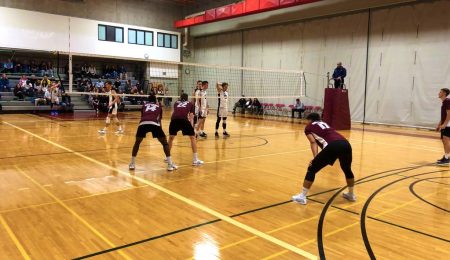Sleep allows for improved learning, especially involving motor skills
I’m hoping this article won’t put you to sleep, but even if it does, University of Ottawa professor Stuart Fogel says that’s not a bad thing.
Fogel’s latest research, published in the journal PLOS ONE, looks at the connection between sleep and memory. If you’re a student, athlete, or musician then it’s a study you won’t want to forget.
The study, conducted in partnership with the University of Montreal and the University of Western Ontario, focused on bursts of brain waves that occur while we sleep called “spindles.”
Fogel, who teaches at the U of O’s school of psychology, explained that while we’re sleeping, these spindles are reactivating the memory process for the task we were learning. “In order for us to learn something new and strengthen those memories, we need sleep,” he said. “When we go to practice later, we’re better at the task that we just learned.”
It might sound trite, but as Fogel notes, sleep is a part of learning that gets very little attention, especially among students.
“I think sleep is often overlooked,” he said. “It’s often one of the first things to go when people have a lot of pressures on their time.”
Fogel’s research dealt specifically with motor skills. So if you’re trying to be a better three-point shooter or piano player, then you can learn a lot from the study.
But Fogel also noted that there’s a fair amount of overlap between the way we learn motor processes and the way we, say, study for a calculus final.
But is it better than an all-night study session? As you might have guessed, late-night, caffeine-fuelled study sessions get a thumbs down from Fogel.
“There’s a lot of research to show you want to study during the day when you’re alert,” he said. “You’ll actually do better if you break up your studying and get a good night’s sleep.”
Our knowledge of how sleep and memory are connected is only continuing to grow. We used to think that sleep was a bit helpful to learning in that it would make you better rested to learn the next day. But according to Fogel, we’re finding that sleep is much more integral to the process.
“What we’re seeing now is that sleep seems to be actively involved and engaged in the formation of memory,” he said. This occurs through a “reactivation and transformation of the memory trace during sleep.”
Basically, sleeping is educational.
And Fogel said there’s much more research to be done. His study looked at one kind of sleep, what we would call “dreamless” sleep, but there are others as well. Fogel says there are other processes besides the “spindles” that trigger our memory process that affect how we learn when we sleep. We also don’t know how sleep affects other kinds of memory, like the kind required to solve puzzles.
If you’re not convinced to turn in early just yet, Fogel stressed that sleep’s benefits go far beyond memory.
“Sleep is really one of the pillars of good physical and mental health,” he said, putting it on par with good diet and exercise habits. Fogel said poor sleep can have negative effects on your metabolism, work performance, mood, and cardiovascular health.
So, are you feeling tired?





